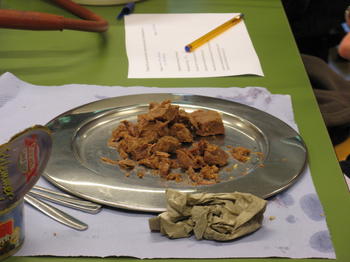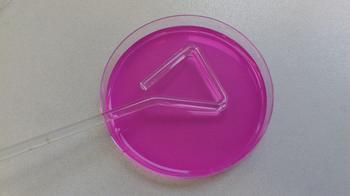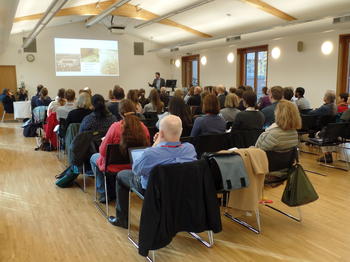About us
.
Image Credit: Institut für Lebensmittelsicherheit und -hygiene
.
Image Credit: Institut für Lebensmittelsicherheit und -hygiene
.
Image Credit: Institut für Lebensmittelsicherheit und -hygiene
Education
Our institute represents the disciplines food hygiene, milk hygiene and meat hygiene in different lecture series and practical courses. The possibility for laboratory practices is given at the institute. In cooperation with the Veterinary faculty of the University Leipzig, Germany, post-graduate courses for specialization in food hygiene and meat hygiene are organized. (Accredited specialists in food safety and meat hygiene are existing at the institute.)
Furthermore, the institute provides the possibility for residents to qualify as Dipl. ECVPH and Dipl. ECPHM.
Research
Research activities of the working group Food Hygiene are focused on different aspects of food microbiology, e. g. isolation of foodborne pathogens, characterisation of foodborne pathogens and microbial stress response. In addition molecular-epidemiological studies are performed. Furthermore, strategies to reduce selected foodborne pathogens along the food chain (e. g. by application of probiotics or bacteriophages) are investigated
Research of the working group Meat Hygiene and Meat Technology is a combining element between livestock holdings and food production, which focusses on optimization and intervention processes of reducing zoonotic agents along the food chain. Additional research aspects are the development and validation of animal welfare and animal health indicators at abattoir level, as well as the development of innovative diagnostic methods for livestock in the framework of monitoring programs.
Service / further activities
Since 2000, the working group Meat Hygiene and Technology organizes an annual conference on Meat Hygiene and Poultry Meat Hygiene in cooperation with the Centre for VPH and the Federal Institute of Risk Assessment. In addition, lectures and courses for official veterinarians and official auxiliaries are supported regularly.



